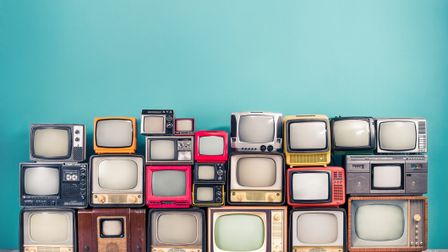Gamification: Real-Life Gamification
Molly Kittle, VP of digital strategy at Bunchball, shares her thoughts on the future of gamification.
Molly Kittle is VP of digital strategy at Bunchball, a company that’s been around since the early days of gamification. She casts her eye over its evolution and shares her thoughts on its future.
How did Bunchball start out?
We started in 2005 so we’ve got a good perspective on how gamification has evolved. We were early to the market, when it wasn’t even a glimmer in anyone’s eye. We had some great early customers who helped us develop. Our first project was The Office for NBC.com. We created a social network around Dunder Mifflin to draw page views and increase interaction with the brand. Players could ‘apply’ for a job at the company and could then take on various tasks, for which they earned a virtual currency.
What makes an effective gamification project?
The important thing is due diligence and research. You have to keep the player at the centre of a project. You can’t just start with the assumption that everyone wants to win badges. You have to understand what motivates that individual and what’s going to be valuable to them and craft a system that honours that.
MTV Europe Music Awards was a really fun project and a good example of that. It was about engaging people to affiliate with artists they love. They could join team Gaga or team Bieber for example, and then everything they did online for that artist (supportive tweets etc) would be turned into points for that artist. It allowed fans to rally around their idols, and on the night of the awards there was a special award for the artist with the most points. EMA-related page views on MTV’s UK website were up 530 per cent year-on-year – and downloads of MTV’s mobile and tablet apps were up 159 per cent year-on-year.
Why do you think that gamification has stayed relevant?
The endurance of gamification really makes sense. The metrics show that it’s working. We’re giving people fun things to do and rewarding them, paying attention to what they’re doing and giving positive feedback. It’s what everyone wants. At the moment, there’s a real area for opportunity in making the workplace better. We all want to do well at our job and, when we don’t, it’s because we don’t get enough feedback. Yes, you get yearly evaluations, but how do you track your progress in the meantime? Young people especially are so used to game mechanics in their daily life, so why wouldn’t they expect it in the workplace?
The way that gamification endures is that it evolves. It appeals to our tendency to think ‘what next?’, so like any kind of content it will get stale unless there are new rewards and challenges.
So… what next?
Personally, the reason I got involved was that I saw a huge opportunity. In the future gamification will allow us to look at ourselves holistically. It’s not just about work performance or the number of friends you have on Facebook. You should be able to have a reward profile that follows you everywhere you go. That’s the Über-dream. It fosters the sense that what a person does matters, that they’re being recognised for their contribution with a currency that’s relevant to them. That’s probably not going to happen next year, but it’s exciting!








